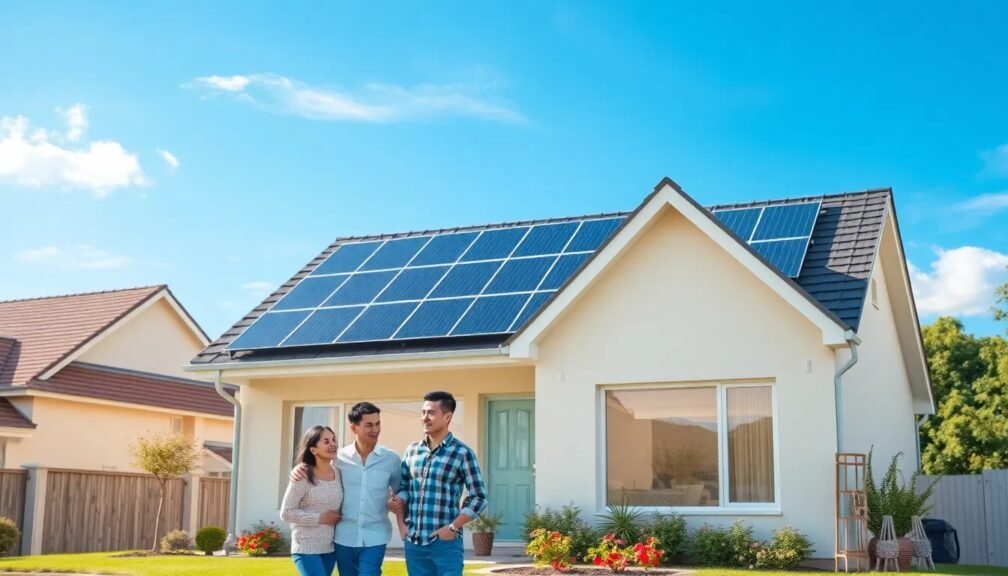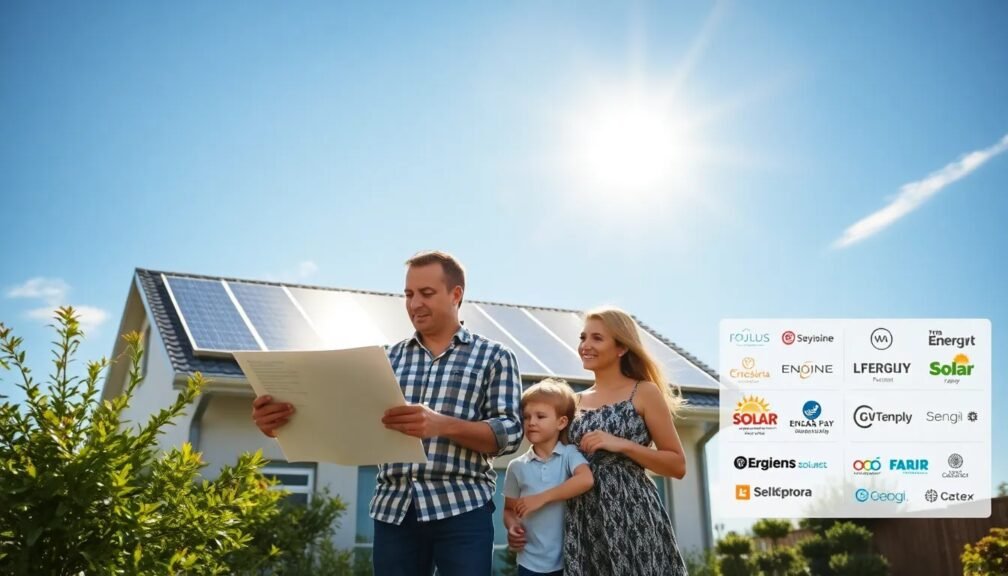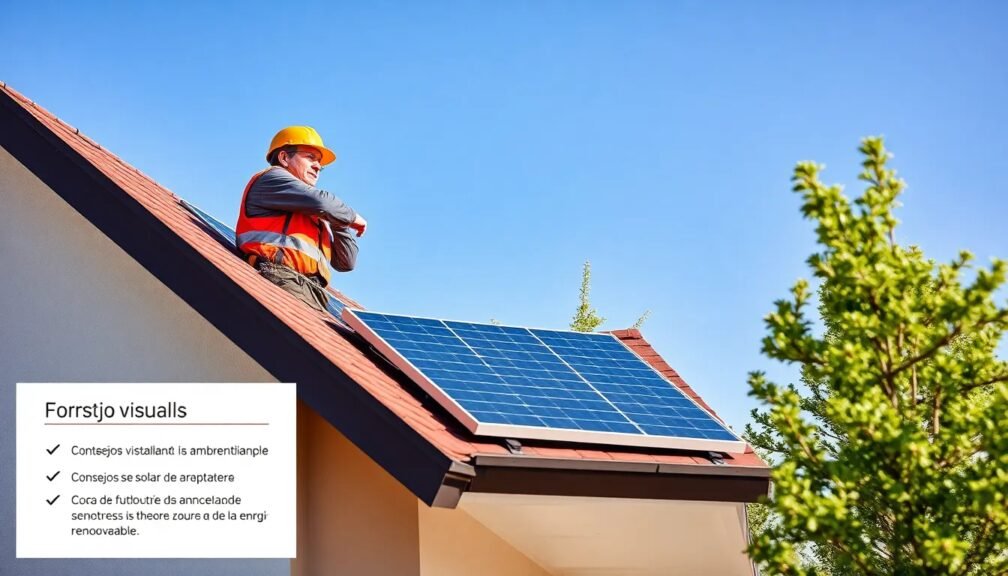In today’s energy-conscious world, homeowners are increasingly seeking sustainable ways to power their lives. One of the most effective solutions is residential solar energy systems. Not only do they provide a clean and renewable energy source, but they also offer significant financial savings and environmental benefits. In this article, we’ll explore the various aspects of residential solar, its advantages, installation processes, financing options, and actionable insights to help you embark on this transformative journey.
Understanding Residential Solar
What is Residential Solar?
Residential solar refers to solar energy systems installed on residential properties, allowing homeowners to harness sunlight and convert it into usable electricity. These systems consist of solar panels, inverters, and battery storage units that work together to capture and manage solar energy efficiently.
How Does It Work?
Solar panels contain photovoltaic cells that convert sunlight into electricity. When sunlight hits the cells, energy is absorbed, generating direct current (DC) electricity. An inverter then transforms this DC electricity into alternating current (AC) electricity, which powers your home’s electrical system. Any excess energy can be stored in battery systems or sent back to the grid, potentially earning you credits or even cash.
Benefits of Residential Solar Energy
1. Cost Savings
Switching to residential solar can drastically reduce your electricity bills. By generating your own power, you can offset the need to purchase electricity from your utility provider. Over time, these savings can accumulate significantly, especially as utility rates continue to rise.
2. Increase in Property Value
Studies have shown that homes equipped with solar panels tend to sell for more than those without. Installing a residential solar system can increase your home’s property value, making it an attractive option for potential buyers who are interested in energy efficiency.
3. Environmental Impact
One of the most compelling reasons to consider residential solar is its positive impact on the environment. Solar energy is clean and renewable, significantly reducing your carbon footprint compared to traditional fossil fuels. By going solar, you contribute to the global effort to combat climate change and promote sustainability.
4. Energy Independence
With a residential solar system, you can gain more control over your energy usage. This independence means you’re less vulnerable to fluctuating energy prices and may provide peace of mind during times of energy crises or natural disasters.
Factors to Consider Before Installing Solar Panels
1. Roof Condition and Orientation
Before investing in a residential solar system, evaluate your roof’s condition. Panels need to be installed on an ideal surface and orientation to maximize sunlight exposure. South-facing roofs typically perform best, while shading from trees or buildings can significantly reduce efficiency.
2. Local Regulations and Incentives
It’s essential to understand local regulations governing solar installations. Many states offer incentives such as tax credits, rebates, or net metering policies to make the transition more affordable. Research these options to maximize your financial benefits.
3. Sizing Your System
Your home’s energy consumption will determine the size and scale of your residential solar system. Conducting an energy audit can help assess your needs and tailor the solar solution to match your lifestyle. This step ensures you generate enough energy without overspending on your installation.
The Installation Process
1. Research and Planning
Start by researching different solar providers in your area. Don’t hesitate to request multiple quotes and consultations. They will help you determine your needs, evaluate your property, and recommend the best system for you.
2. Site Assessment
A professional installer will perform a site assessment to evaluate your roof and surrounding areas. They will check for shading and structural integrity, making precise calculations to recommend the best panel type and system size.
3. Design and Permitting
Once you’ve selected your contractor, they will design your system and handle all necessary permits. This process ensures your installation follows local building codes and regulations.
4. Installation
Installation typically takes one to three days, depending on the complexity of your system. A qualified team will install the solar panels, inverter, and battery storage, along with all necessary electrical connections.
5. Inspection and Activation
After installation, your system will undergo an inspection to confirm it meets all requirements. Once approved, the system can be activated, and you can start enjoying the benefits of residential solar energy.
Financing Your Residential Solar System
1. Purchase Options
You can buy solar panels outright, which may require a significant upfront investment but provides the most savings in the long run. Consider how long you plan to stay in your home to ensure that your investment pays off.
2. Solar Loans
If you don’t have the cash upfront, solar loans offer an excellent alternative. These loans allow you to spread the cost over several years while still reaping the benefits of lower energy bills.
3. Solar Leases and Power Purchase Agreements (PPAs)
Solar leasing allows you to rent the solar panels and pay a fixed monthly fee. Under a Power Purchase Agreement, you agree to purchase the electricity produced by the solar system at a predetermined rate. Both options can provide cost savings with little or no upfront costs but may lead to less long-term savings than purchasing outright.
Actionable Insights
Increasing your home’s sustainability through residential solar systems is an investment in your energy future. Here are some actionable steps to consider:
-
Conduct an Energy Audit: Assess your energy consumption and explore ways to reduce electricity usage before going solar.
-
Research Local Incentives: Investigate local and federal incentives to determine your potential savings. These credits can significantly reduce installation costs.
-
Connect with Multiple Installers: Seek quotes from several solar providers to understand your options better and find a competitive rate.
-
Consider Battery Storage: Explore battery storage systems that can store excess energy for use during cloudy days or nighttime, increasing your energy independence.
-
Stay Informed: Keep up with advancements in solar technology and policies that may impact your residential solar investment.
Conclusion
Investing in residential solar technology allows you to transform your home’s energy future while enjoying financial savings and contributing positively to the environment. As energy demands grow, the shift towards sustainable energy sources will only become more critical. By taking the plunge into solar energy today, you not only secure a more sustainable lifestyle but also play a role in shaping the future of energy for generations to come. Take proactive steps, conduct thorough research, and get started on your journey to energy independence!



